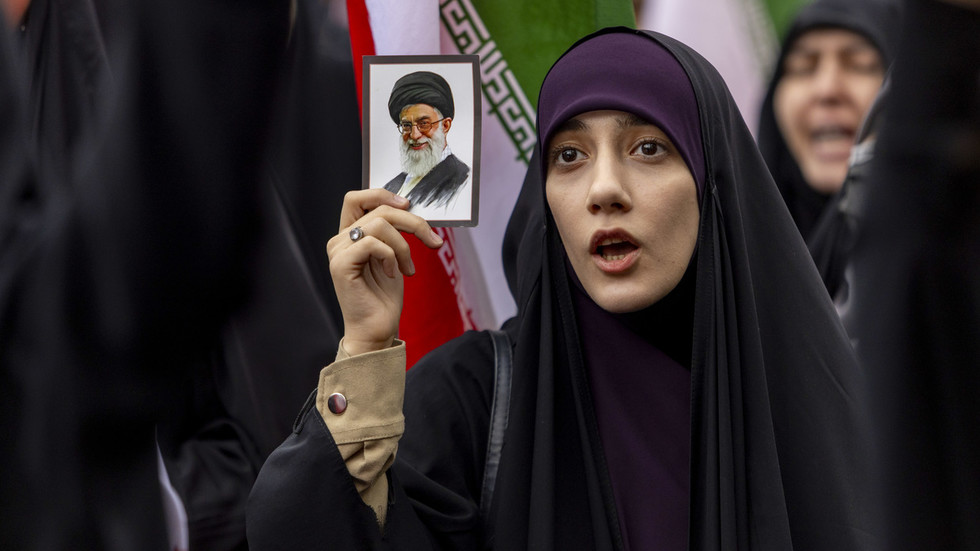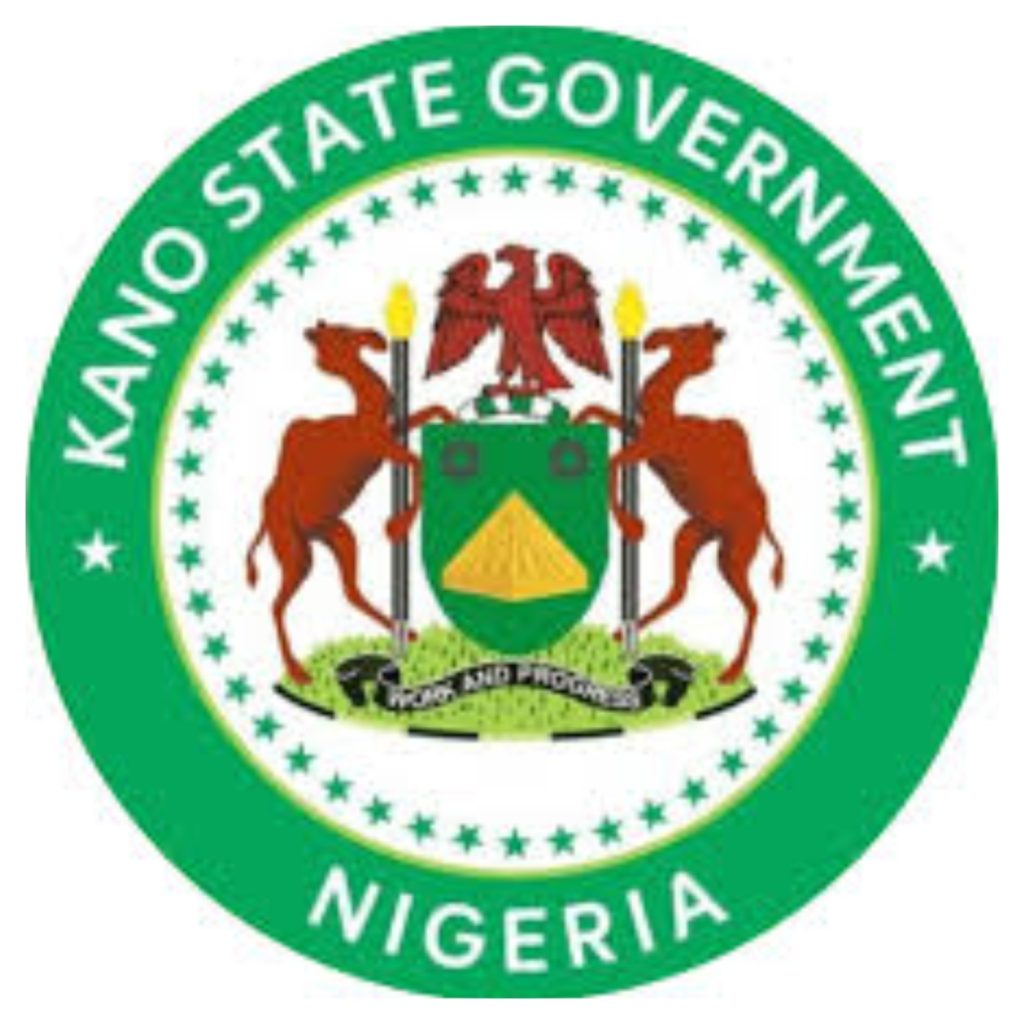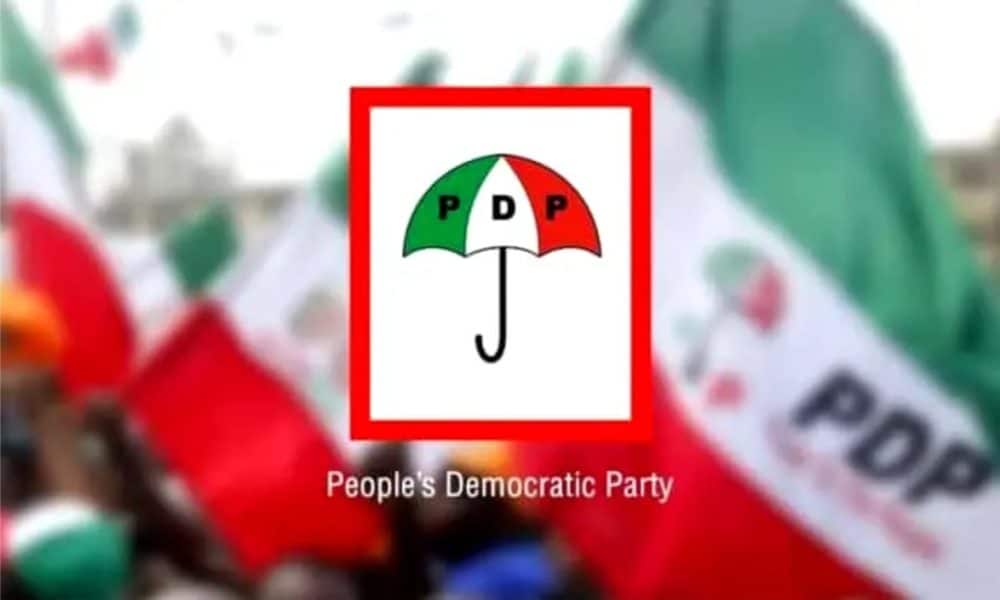The African Union Commission has expressed deep concern over the deteriorating security situation in Mali, calling for urgent international action. Chairperson Mahamoud Ali Youssouf condemned recent jihadist attacks against civilians, particularly those carried out by the al Qaeda-linked Jama’at Nasr al-Islam wal-Muslimin (JNIM). The group has increased its assaults across Mali in recent months, imposing a blockade on the capital city of Bamako in retaliation for the military’s ban on fuel sales in rural areas.
The blockade has had a devastating impact on Mali’s fragile economy, with fuel trucks unable to enter the capital, leading to a severe fuel crisis. The African Union Commission has denounced the severely worsened humanitarian conditions for civilian populations, including the abduction of three Egyptian nationals by JNIM. The Commission has called for their immediate and unconditional release.
The situation in Mali has prompted several countries, including France and the United States, to urge their citizens to leave the country. The African Union Commission is calling for an international response based on cooperation and intelligence sharing to counter terrorism in the Sahel region. This response is seen as crucial in addressing the growing threat posed by JNIM and other extremist groups.
The security situation in Mali has been deteriorating for several years, with extremist groups taking advantage of the country’s instability. The international community has been working to support the Malian government in its efforts to combat terrorism, but more needs to be done to address the root causes of the crisis. The African Union Commission’s call for urgent international action highlights the need for a coordinated and sustained response to the situation in Mali.
The humanitarian situation in Mali is also a major concern, with thousands of people displaced and in need of assistance. The blockade imposed by JNIM has exacerbated the crisis, making it difficult for aid to reach those in need. The international community must work together to provide support to the people of Mali and to help the government address the security and humanitarian challenges it faces.
In the coming weeks and months, it is likely that the international community will increase its efforts to support Mali and the broader Sahel region. This will require a coordinated approach, with governments, international organizations, and civil society working together to address the complex challenges posed by extremism and instability. The African Union Commission’s call for action is a crucial step in this process, and it is hoped that it will prompt a swift and effective response from the international community.



